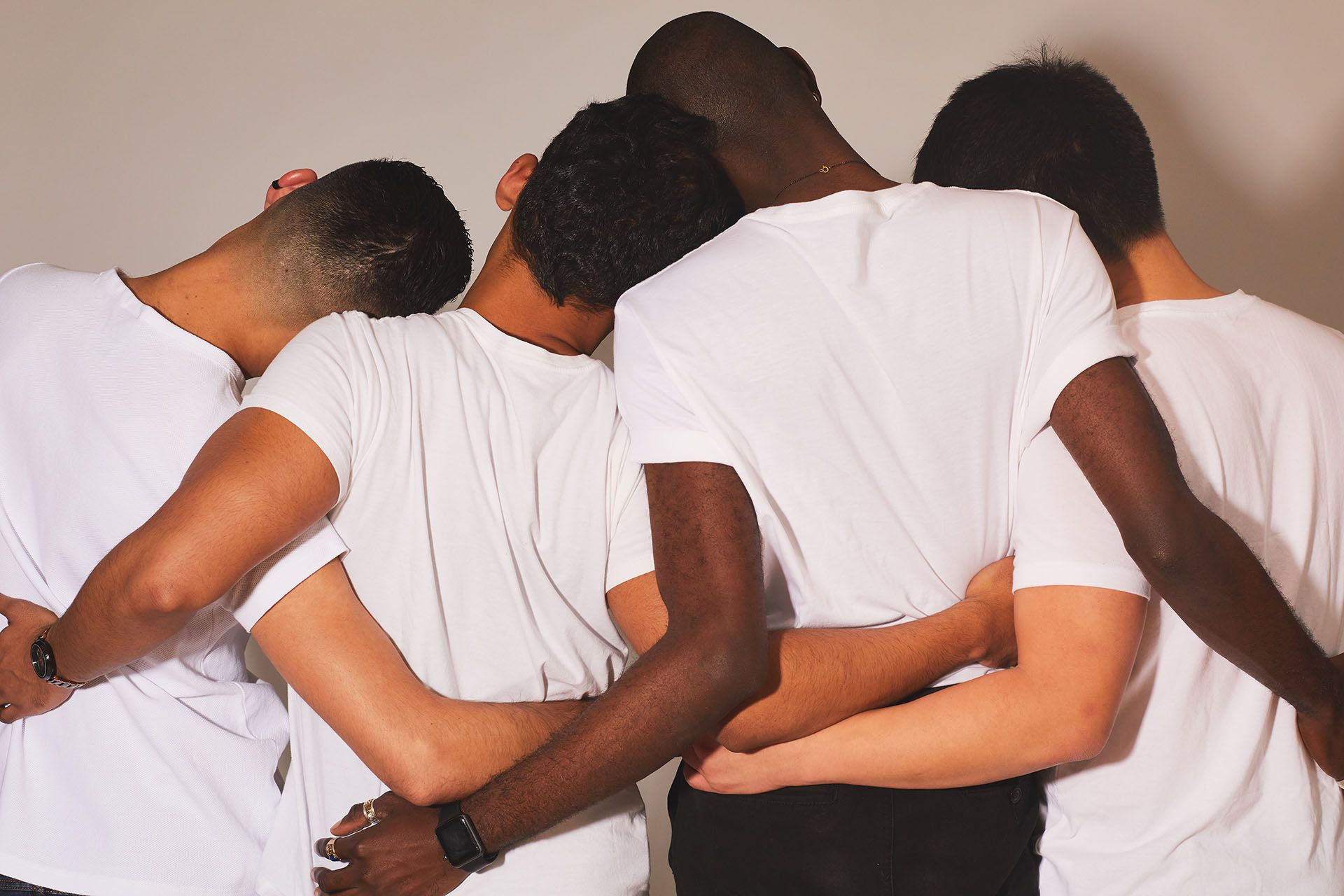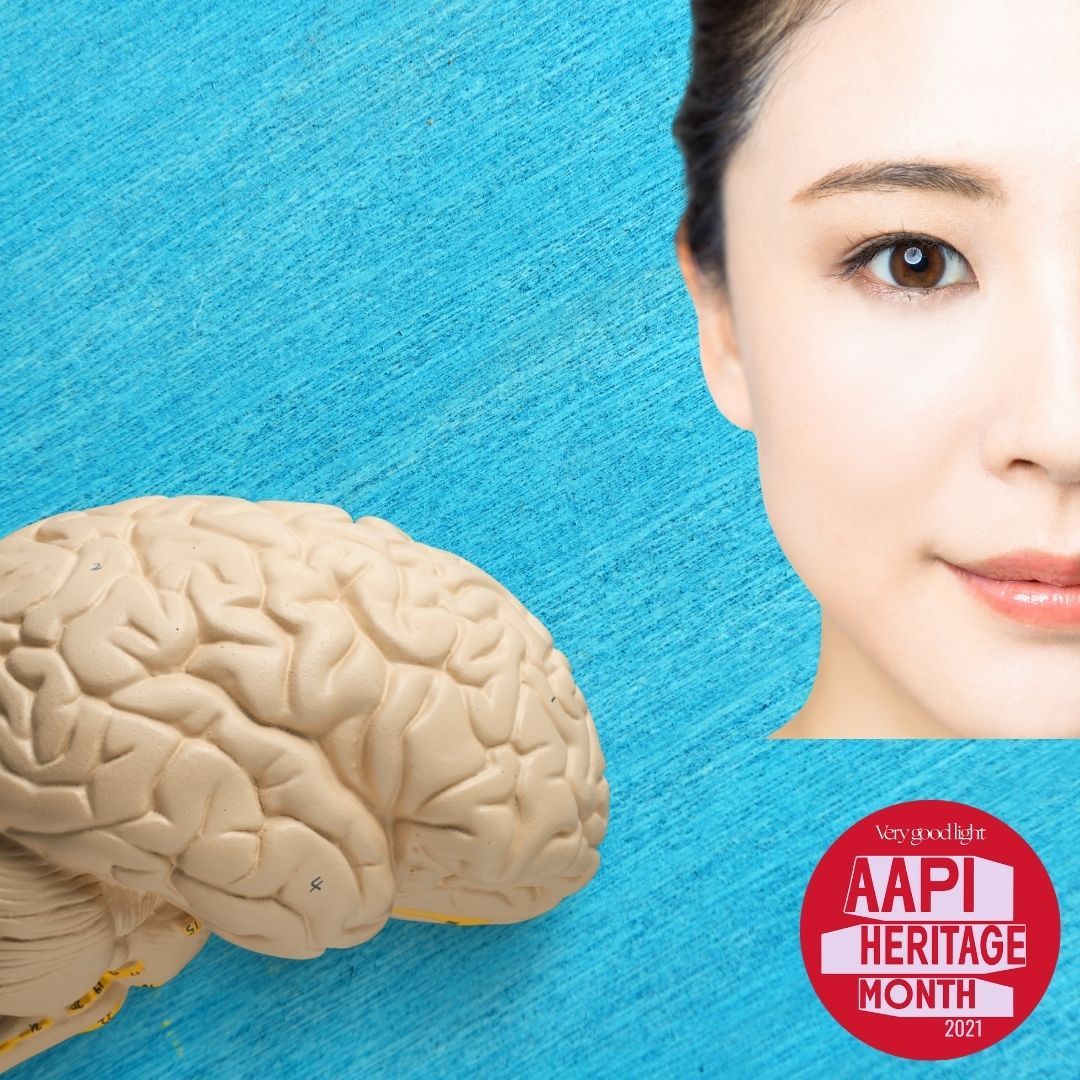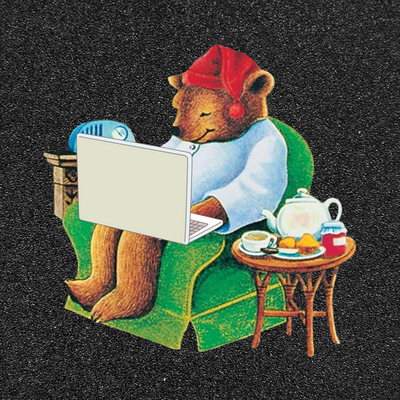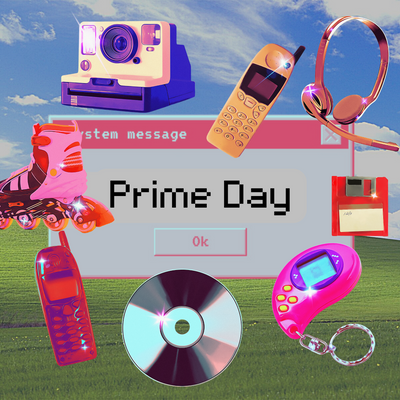Last month, it was my friend’s birthday. A small group of us met up in a neighboring Brooklyn neighborhood for pita bread the size of car airbags and fresh pasta that can only be described as “chewy beyond belief.” Later in the evening, before dessert, my friend, Mila* (a queer Asian woman), spoke about a celebrity’s history with anti-Asian and anti-gay remarks. Jess* (a straight white woman) shared that she didn’t have a problem with this celebrity. To her, the reaction to the celebrity’s racist and homophobic statements was blown “way out of proportion.” “They apologized,” she added.
I’ve thought about this interaction nearly every day since.

The next time a public figure errs in a way that involves bigotry (be it directed at a race, ethnicity, creed, sexuality, or gender identity), take a gander at the comment section. You are bound to find people who have accepted that apology — as is their right. Among those, you will find people that the statements were not directed at, also accepting the apology as though it was for them. Here’s an example:
“Famous person, Tobias, had a podcast in 2009 in which they made transphobic remarks. Years later, the comments resurface, and they apologize. Months later, a transgender person tells me that they no longer listen to The Tobias Report. ‘Why not? They apologized,’ I, a cisgender man, reply.”
Is that my call to make? I am not a person of trans experience. I don’t have to live with the repercussions of anti-trans ideology. What message does it send to my trans friends when I speak on their behalf? Here’s another example:
“Amy throws an apple at Quinn’s head. I, a person who was not hit in the dome with fruit, explain to Quinn that Amy has been through a lot. Amy was in college when she threw that apple! I try to tell Quinn how to feel, encouraging her to pardon Amy’s behavior. ‘Surely you threw apples at people's heads at that age.’”
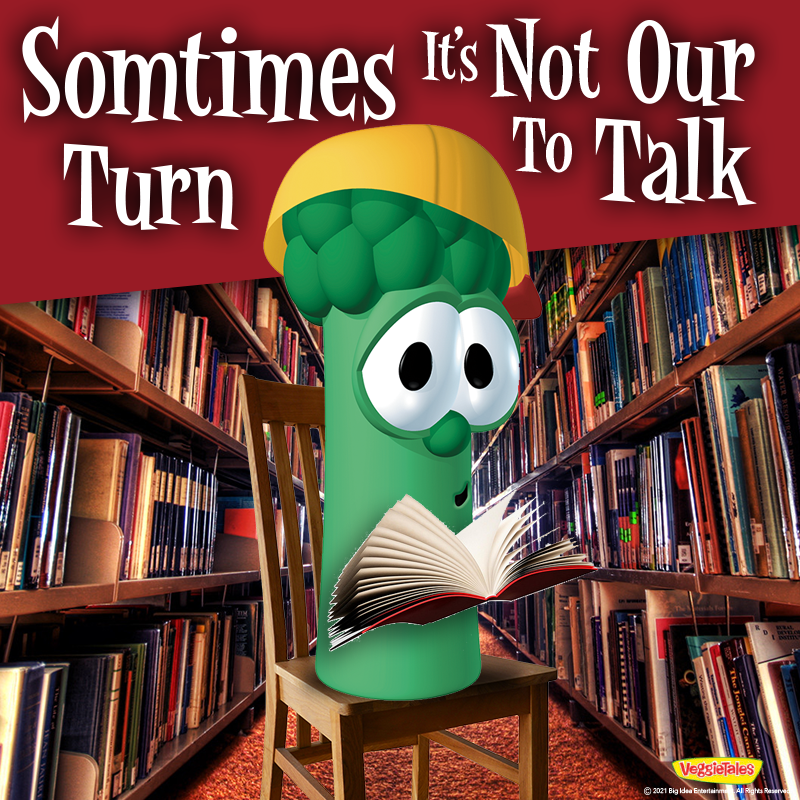
Here’s what I’m getting at: Anyone is allowed to feel anything. I don’t have to agree with Jess to believe she has the right to feel whatever she wants to feel. It becomes murky when you’re telling disenfranchised individuals how to feel. If someone can extend empathy and understanding towards someone who does racist and homophobic things, why can’t they extend that empathy and understanding to the group of people who were targeted? They were, after all, the ones sitting at the table.
If I could go back in time, if I knew Jess a little bit better, or if there wasn’t a birthday party that wasn’t at risk of being ruined, I would have spoken up. I would have told Jess that, to this very day, there are 69 countries where it is still illegal to be gay. Even on our own turf, legislation is in motion to make it illegal to even talk about LGBTQIA+ identities in schools—like being queer is an act of terrorism. All the while, attacks towards Asians are increasing exponentially. Any statement that others the Asian community (or reduces us to unflattering tropes, no matter how small they seem) dehumanize us to the point where it’s costing people like me our lives. That’s not a figure of speech, either. One cannot separate bigoted statements from bigoted behavior — one begets the other. And with that, I hope she would listen.
*Names and details have been changed.
READ MORE LIKE THIS


